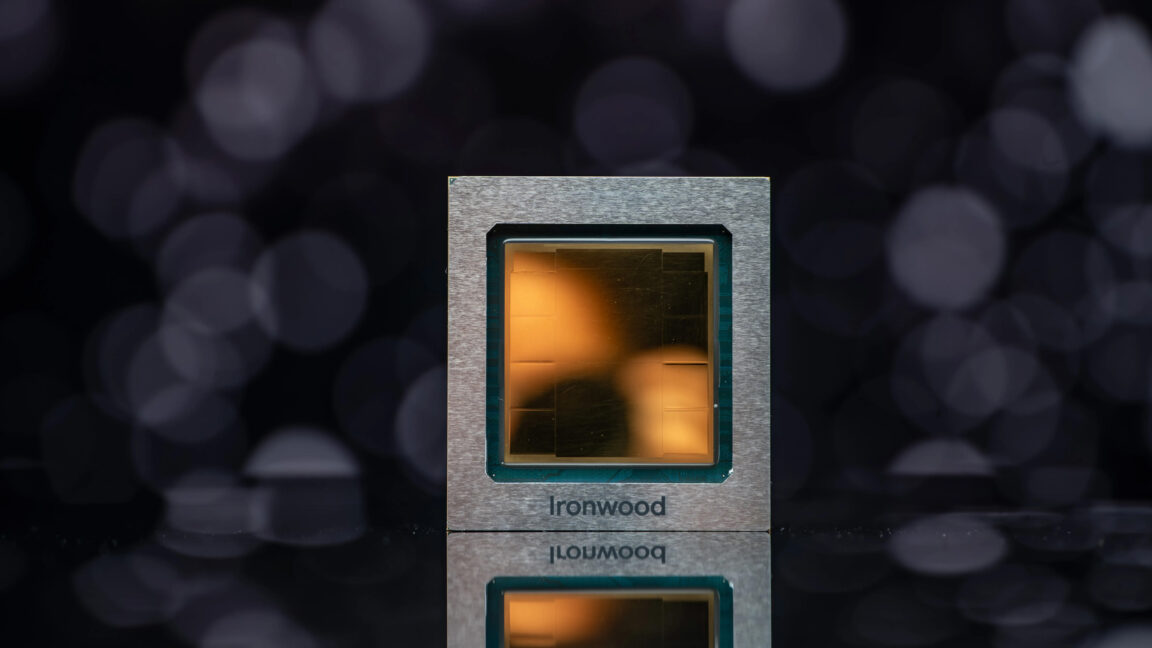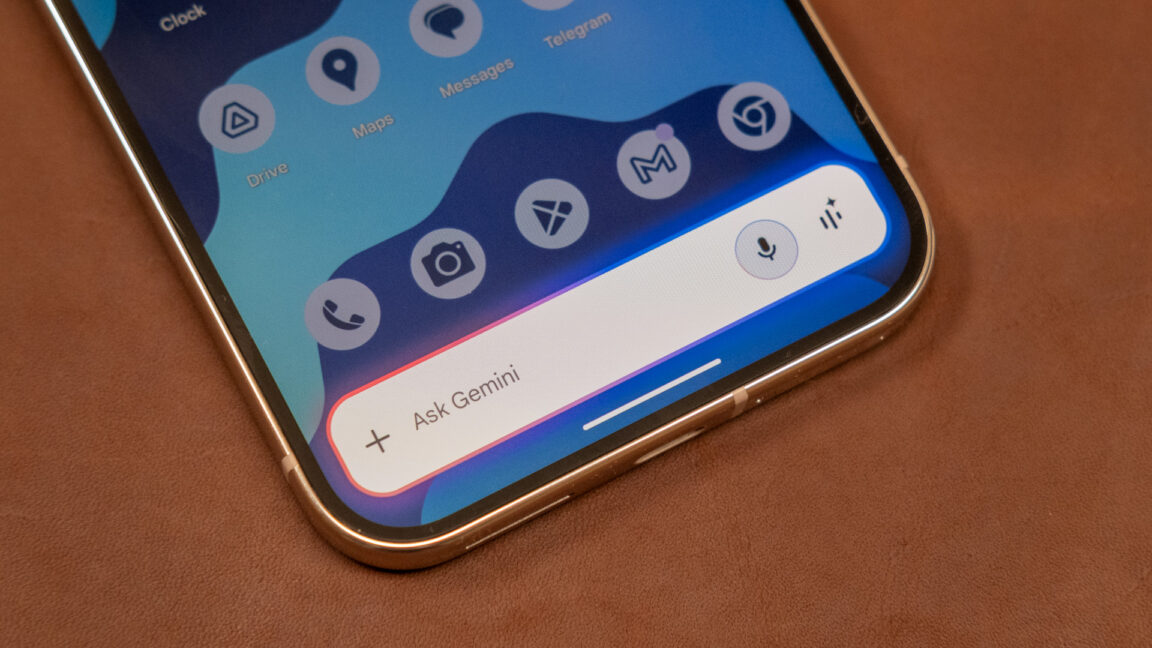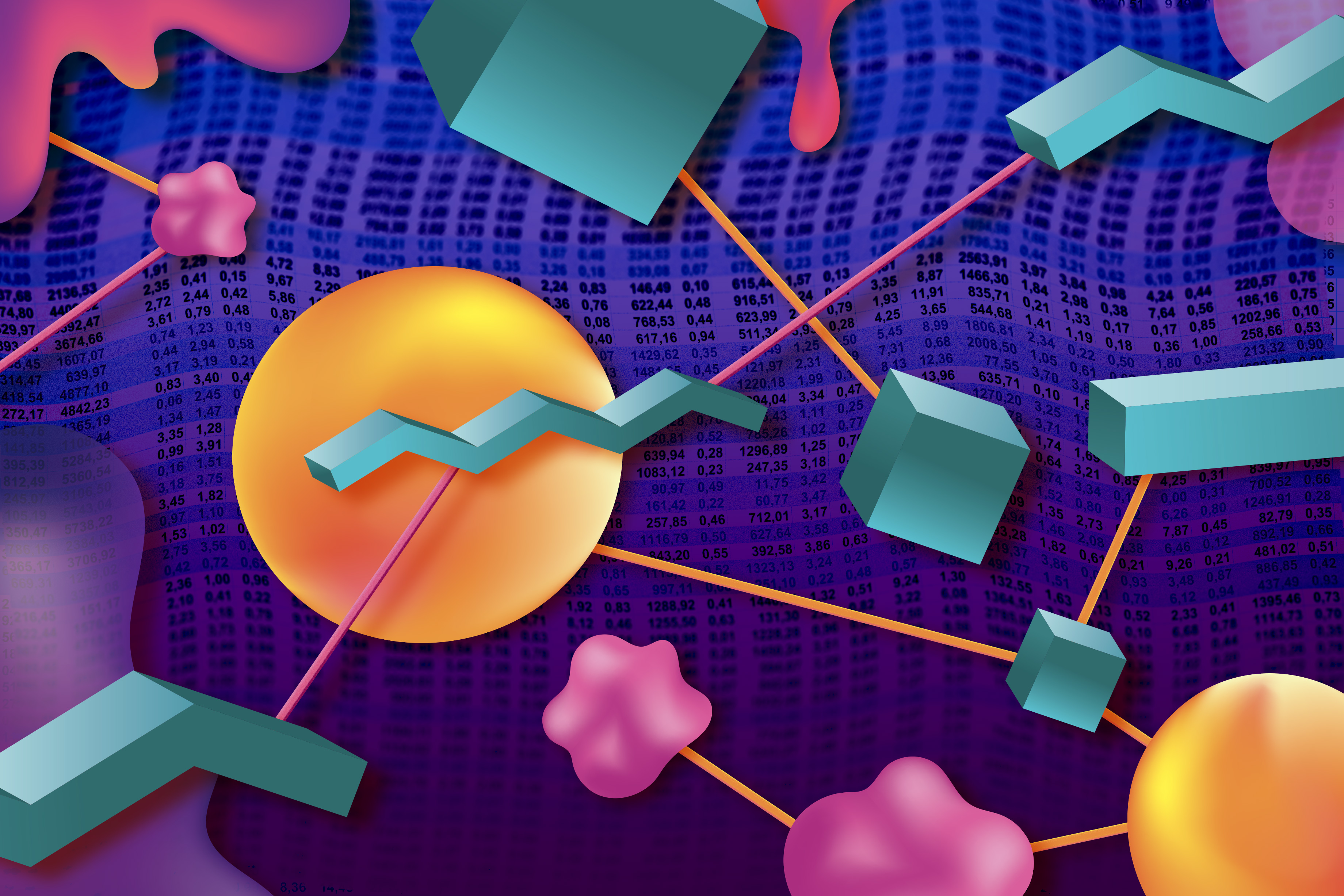The Impact of Generative AI on Creativity
The rise of generative AI tools has sparked a heated debate about their potential impact on human creativity. While some see these tools as a means to unlock new levels of innovation, others worry that they may stifle our ability to think critically and solve problems independently.
The Concerns
He’s far from the only researcher worrying about the cognitive impact of these technologies. In February a team at Microsoft Research Cambridge published a report concluding that generative AI tools “can inhibit critical engagement with work and can potentially lead to long-term overreliance on the tool and diminished skill for independent problem-solving.” The researchers found that with the use of generative tools, people’s effort “shifts from task execution to task stewardship.”
The Importance of Failure
Cook is concerned that generative tools don’t let you fail—a crucial part of learning new skills. We have a habit of saying that artists are gifted, says Cook. But the truth is that artists work at their art, developing skills over months and years. “If you actually talk to artists, they say, ‘Well, I got good by doing it over and over and over,’” he says. “But failure sucks. And we’re always looking at ways to get around that.” Generative models let us skip the frustration of doing a bad job. “Unfortunately, we’re removing the one thing that you have to do to develop creative skills for yourself, which is fail,” says Cook. “But absolutely nobody wants to hear that.”
Surprise Me
And yet it’s not all bad news. Artists and researchers are buzzing at the ways generative tools could empower creators, pointing them in surprising new directions and steering them away from dead ends. Cook thinks the real promise of AI will be to help us get better at what we want to do rather than doing it for us. For that, he says, we’ll need to create new tools, different from the ones we have now. “Using Midjourney does not do anything for me—it doesn’t change anything about me,” he says. “And I think that’s a wasted opportunity.”
The Role of Reflection
Ask a range of researchers studying creativity to name a key part of the creative process and many will say: reflection. It’s hard to define exactly, but reflection is a particular type of focused, deliberate thinking. It’s what happens when a new idea hits you. Or when an assumption you had turns out to be wrong and you need to rethink your approach. It’s the opposite of a one-shot interaction. Looking for ways that AI might support or encourage reflection—asking it to throw new ideas into the mix or challenge ideas you already hold—is a common thread across co-creativity research. If generative tools like DALL-E make creation frictionless, the aim here is to add friction back in. “How can we make art without friction?” asks Elisa Giaccardi, who studies design at the Polytechnic University of Milan in Italy. “How can we engage in a truly creative process without material that pushes back?”
Conclusion
In conclusion, while generative AI tools have the potential to revolutionize the creative process, they also pose a risk to our ability to think critically and solve problems independently. By understanding the importance of failure and reflection in the creative process, we can harness the power of AI to enhance our abilities, rather than replacing them. By creating new tools that support reflection and encourage friction, we can ensure that AI augments human creativity, rather than stifling it.
FAQs
Q: What are generative AI tools?
A: Generative AI tools are artificial intelligence systems that can generate new content, such as images, text, or music, based on a given input or prompt.
Q: How do generative AI tools affect human creativity?
A: Generative AI tools can both enhance and stifle human creativity, depending on how they are used. They can provide new ideas and inspiration, but also risk replacing human critical thinking and problem-solving skills.
Q: What is the importance of failure in the creative process?
A: Failure is an essential part of the creative process, as it allows us to learn from our mistakes and develop new skills. Generative AI tools can sometimes remove the need for failure, which can hinder our ability to develop creative skills.
Q: How can AI support reflection in the creative process?
A: AI can support reflection by providing new ideas, challenging assumptions, and encouraging deliberate thinking. By adding friction to the creative process, AI can help us engage in a more meaningful and reflective creative process.











